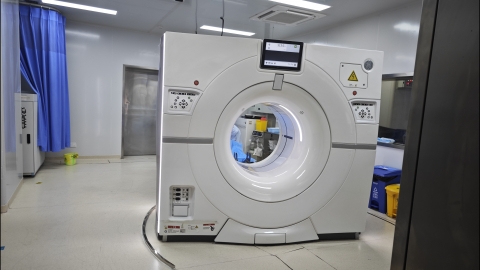Why can't I have a contrast-enhanced CT scan while taking metformin?
Jun 09, 2025
Source: Cainiu Health
Introduction
Common dosage forms of metformin include tablets and capsules. Under normal circumstances, the reasons why metformin should not be used during contrast-enhanced CT scans include increased renal burden, drug interactions, risk of acute tubular necrosis, risk of lactic acidosis, and reduced accuracy of the examination. During a contrast-enhanced CT scan, iodinated contrast agents need to be injected.
Common formulations of metformin include tablets and capsules. Generally, patients taking metformin should not undergo contrast-enhanced CT scans due to reasons including increased renal burden, drug interactions, risk of acute tubular necrosis, risk of lactic acidosis, and compromised accuracy of the examination. A detailed explanation is as follows:











